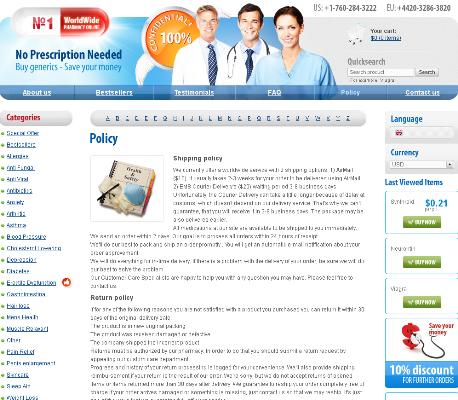Common Myths about Accutane Debunked.
Is Accutane a Guaranteed Cure for Acne?
I remember a friend who treated acne like a final exam: all-night prep, big hopes and a clear pass or fail. Accutane often feels like that single decisive step, but it is not a magic bullet. Many people see dramatic improvement, yet outcomes vary and side effects mean results are not always instant or permanent for everyone.
Clinical studies show high remission rates, particularly for severe nodular acne; however severity, genetics, age, and adherence shape the outcome. See quick summary below.
| Factor | Impact |
|---|---|
| Severity | Higher-relapse-risk |
| Adherence | Better-outcomes |
Talk to a dermatologist, set realistic expectations, and commit to blood monitoring; Accutane can definately clear acne for many, but long-term results depend on individual biology and follow-up care.
Does Accutane Permanently Damage Your Organs?

I remember sitting in the dermatologist's office, heart racing, picturing headlines that promised organ failure. The fear felt huge, like a story already written.
Evidence, however, is more measured: large studies haven't found consistent permanent damage to organs for most people; liver enzymes and lipids may rise during treatment but usually normalise after stopping. Severe complications are definately rare, though they can occur, so baseline tests and periodic monitoring are standard practice.
That pragmatic approach — weighing benefits against small risks — helped me choose treatment. For many, accutane clears acne when other options fail, but informed consent, regular follow-up, and open dialogue with your clinician make the difference. Always report symptoms promptly to reduce possible risks.
Will Accutane Inevitably Cause Severe Depression?
I remember a friend who started accutane and feared the worst; rumors spread faster than results. Personal stories matter, but they don't replace studies that show mixed mental health outcomes.
Research links cases of severe depression with isotretinoin, but causation remains unclear. Doctors screen patients, monitor moods and adapt treatment when needed to minimize risk and support.
Most people report improved self-esteem as acne clears; for others, mood shifts may Occassionally coincide with therapy. Open communication with clinicians and loved ones is indispensible for safety.
Bottom line: accutane does not inevitably cause severe depression for everyone. Awareness, screening, and timely intervention keep most people safe while they achieve clearer skin and better quality of life.
Are All Side Effects Immediate and Unavoidable?

Imagine beginning accutane: the first days bring predictable dryness, chapped lips and perhaps a flare of inflammation, but that’s not the whole story. Not all reactions show up at once — some people notice changes in mood or energy within weeks, while other effects like altered lipid levels or joint aches can develop more slowly and are often detected through routine blood tests. Early side effects are common, but neither universal nor necessarily severe.
Most issues are manageable with dose adjustments, moisturizers, and close follow-up; severe complications are rare if you follow monitoring protocols and report symptoms promptly. Long-term harm is uncommon, and many symptoms resolve after treatment ends, though occassionally monitoring extends beyond therapy. The narrative that side effects are immediate and unavoidable ignores variation between individuals and the role of medical supervision in reducing risk when managed properly.
Can Topical Treatments Replace Accutane for Everyone?
I once watched a friend battle cystic flare-ups, hoping creams would be enough; the journey showed me why prescriptions like accutane are sometimes necessary for many patients.
Topical options work well for mild-to-moderate acne and reduce systemic exposure, yet they can fall short for deep, scarring lesions. Dermatologists weigh severity, past response, and side-effect tolerance; Definately no single cure. Insurance, age, pregnancy plans and scarring risk influence choice.
Talk openly with a dermatologist; shared decisions beat guesswork, and set a safe, timed plan.
| Good for: mild acne |
| Less effective: severe nodules |
Does Accutane Mean Lifelong Skin Sensitivity Forever?
People often worry that sensitivity will last forever, but many finish treatment and regain normal comfort. Early on, skin needs gentle care, sunscreen, fragrance-free moisturizers, and patience help. Over time sensitivity usually fades, though some may need extended protection; consistency matters more than fear and steady recovery.
Teh journey can include dry patches or redness, but dermatologists manage these risks with dose tweaks and supportive treatments. Permanent hypersensitivity is uncommon; research and clinical experience show most people's skin recovers over months to years. Talk to your doctor for personalised guidance. FDA: Isotretinoin information Mayo Clinic: Isotretinoin
<

